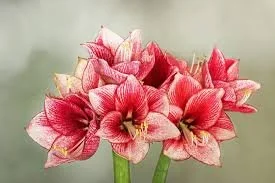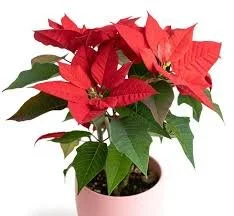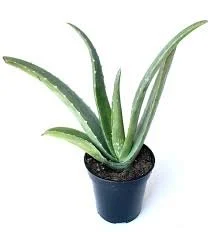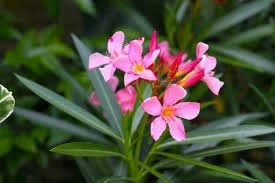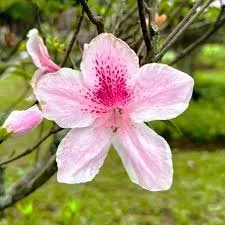Having plants in and around your home can bring joy and happiness for all of us humans—but what effects can it have on your kitty family, whether you have a one single cat or several? Many popular flowers and plants are purrfectly pleasant and have no negative effects if batted, chewed on, or even eaten. But some aren’t so safe for your feline friends. It’s important to understand which plants are toxic so that if they’re in your home precautions can be implemented to keep your kitty loved ones safe and healthy!
Tulips and Lilies can both be toxic for cats, and that includes the entire plants. If a cat were to eat even a small amount of a lily, kidney function could be disrupted up to and including total failure. While the entire tulip is toxic, the bulb contains the highest concentration of bad stuff—contact with leaves or stems can result in skin irritation or upset tummies, while the bulb could actually affect blood flow and heart function. Please keep lilies and tulips away and your kitty babes safe and sound!
Daffodils can also be extremely poisonous to cats. The bulbs (again, the most toxic) contain lycorine, which can cause digestive issues galore.
Amaryllis, much like lilies but separated by plant family, can also cause digestive problems or even tremors or excessive drooling. These symptoms aren’t fun for felines at all—please keep these plants out of reach!
Other Plants That Could Pose a Kitty Conundrum
Poinsettia - a holiday favorite though it may be, poinsettias are moderately poisonous to cats and should be kept out of reach
Aloe - we all love our succulents, but the gel inside an aloe plant (while helpful for us) can be a problem for our pawsome pals
Oleander - as problematic for our kitty cats as it is beautiful to look at, it can even endanger your kitty’s life (yikes!)
Rhododendron/Azalea - these are generally toxic for many animals, and the symptoms vary by species; rest assured that an ounce of prevention will be worth a ton of cure.
This list is not at all comprehensive, please don’t use it as a definitive guide! When thinking of adding plants or researching plants you may already have in-home, please use other resources (a handy ASPCA list can be found here). If you suspect your kitty has gotten into any potentially harmful plants in your home, call the Pet Poison Helpline at 855-764-7661 or ASPCA Animal Poison Control at 888-426-4435. You should also contact your veterinarian. Symptoms may include: vomiting, lethargy, salivation, lack of appetite and could lead to kidney failure and in some cases death. Report any concerns to your vet.
At the end of the day, we all want our purrfect darlings to stay that way! Giving them a happy and healthy home is our best first step. Please be aware that one human’s pleasure could be a kitty’s poison, and keep the home as hazard-free as possible.
Here are some amazing alternatives
Safe plants for your kitty, found on Healthy Pets Blog





